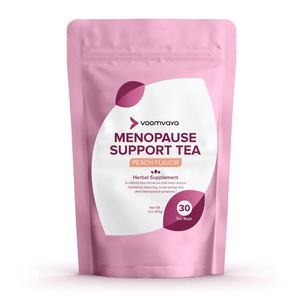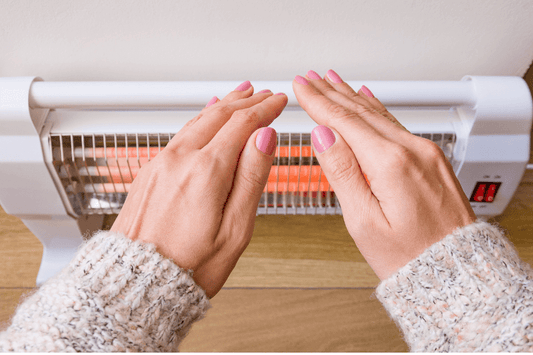Melissa Asks...

Hi Melissa,
Great question! There’s some good research on intermittent fasting for weight loss and to reduce insulin resistance and it does seem to help with both. However, if you’re asking more about relief from hot flashes, I can’t say if there would be a direct benefit.
Intermittent fasting (IF) does appear to promote weight loss in women, and achieving a healthier weight, in turn usually leads to fewer hot flashes and an improvement in sleep and other menopause symptoms.
There are a few ways to do IF. I don’t recommend true fasts, where you’re eating no solid food. Instead, try the 8/16 method of fasting, which means that you eat healthy and calorie-appropriate meals for an 8-hour period each day, and fast for the remaining 16 hours.
That’s usually do-able for most people unless you have to eat super early for work and have family or work commitments that prevent you from eating dinner early enough.

If you have breakfast around 10:00 am and finish eating dinner by 6:00pm, that works. Keep in mind though, that you can’t eat or drink anything with calories until 10:00 am so if you’re a morning latte drinker, you might have to find a way around that!
The other way to do IF is to do a light fast on two non-consecutive days of the week.
That means five days you eat normally (a healthy Mediterranean-style diet is preferred), and two days you eat about 30% of your total calories.
If you usually need 1500 calories, then your two fast days would be 450 calories. That allows you to eat mainly vegetables, lean proteins and maybe a bit of fruit on your fast days.
There was a research study on this way of eating, and they found that women who followed it lost more weight and improved their blood sugar better than women who just did an everyday calorie restricted diet.
Both weight loss and the Mediterranean diet, (which focuses on more fruits and vegetables, fish, legumes, low fat dairy foods, and fewer desserts) have been shown to help with menopause symptoms, so it’s worth a try. If you find that it’s helpful, let me know!





